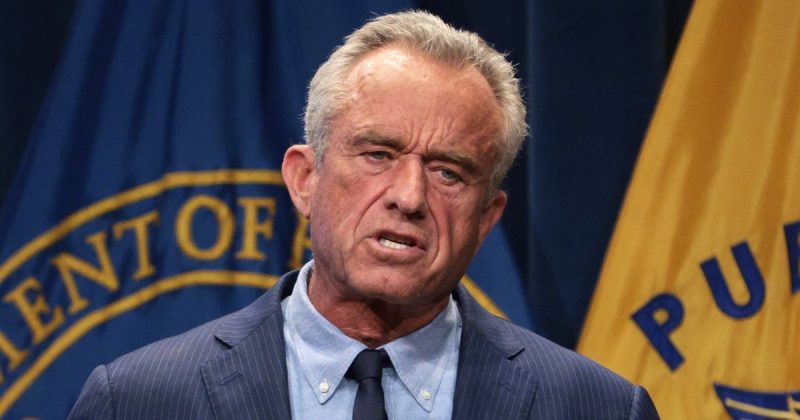
Robert F. Kennedy Jr., recently appointed to head the Health and Human Services Department, has ignited a firestorm of controversy with his comments on autism. His remarks, questioning the validity of the CDC’s recent report on rising autism rates and suggesting the condition is preventable, have drawn sharp criticism from medical professionals and advocacy groups alike. This statement directly contradicts the overwhelming scientific consensus that autism is a complex neurodevelopmental disorder with no known single cause or cure, and certainly not one that is easily preventable through simple measures.
The CDC report, which Kennedy Jr. criticized, details a concerning increase in autism diagnoses. While the reasons behind this increase are multifaceted and still under investigation – including improved diagnostic tools and increased awareness – the suggestion that it is entirely preventable is deeply misleading and potentially harmful to families affected by autism. Kennedy Jr.’s remarks risk undermining the vital work being done to understand and support individuals with autism and their families.
Many experts have pointed out the dangers of spreading misinformation about autism. Such statements can lead to unnecessary fear and anxiety among parents, potentially delaying crucial early interventions that can significantly improve the lives of autistic individuals. The scientific community has consistently emphasized the importance of evidence-based approaches to understanding and addressing autism, and Kennedy Jr.’s comments deviate sharply from this established norm.
This controversy highlights a larger issue: the spread of misinformation in the age of social media. It’s crucial for individuals to rely on credible sources of information, such as peer-reviewed scientific studies and reputable medical organizations, when seeking information about complex health issues like autism. The impact of such statements extends beyond mere opinion; it has the potential to influence policy decisions and harm vulnerable populations.
Moving forward, it’s vital that public figures and officials take responsibility for the accuracy of their statements, especially when discussing sensitive health topics. The spread of misinformation can have far-reaching consequences, and it’s imperative to prioritize evidence-based information and support for families affected by autism.










